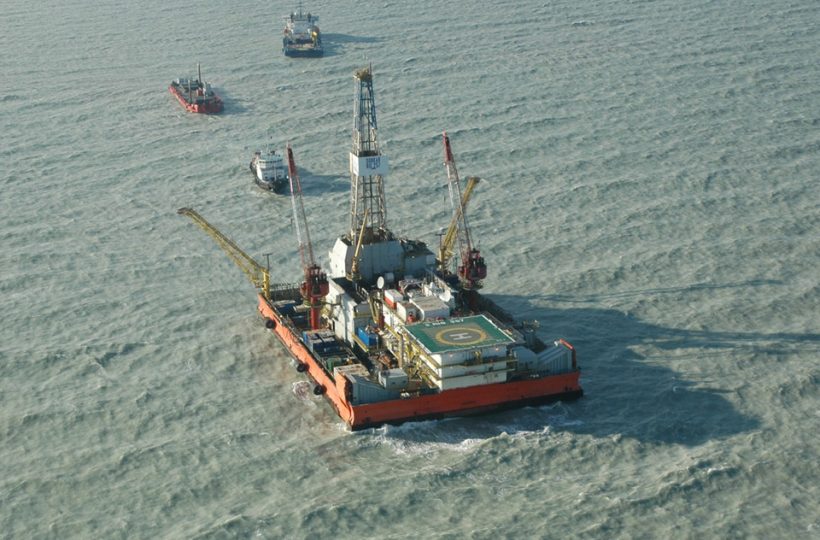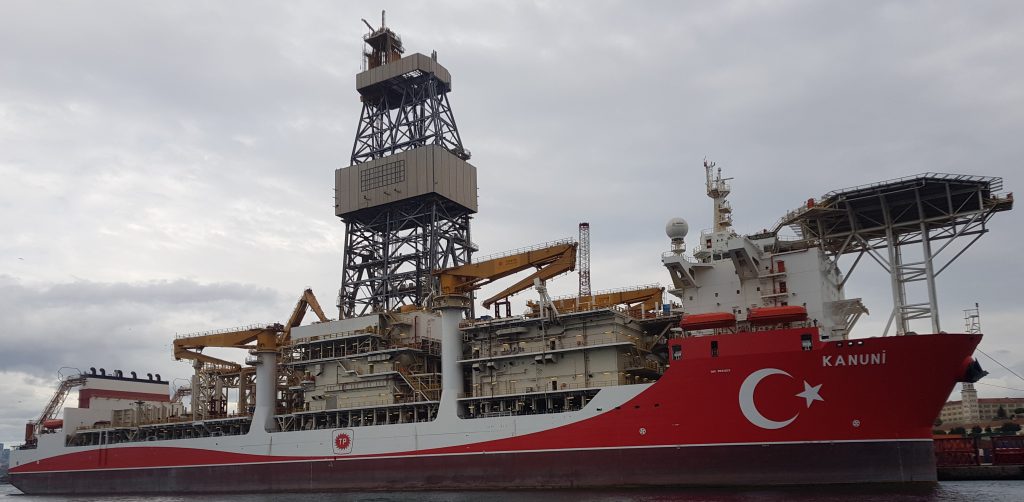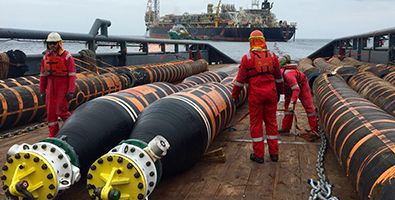Top 3 dangers when working with waterborne transportations

Ocean transporting among other kinds of transportation is the riskiest one as it has to deal with unpredictable working conditions offshore, isolated from civilizational support. Not only so, since it is hard to set clear borders on the sea between countries, requiring a set of professional personnel to meet the paperwork demand for each type of goods. Such as ship chartering Malaysia transportation service providers often suggest their customers get for every shipment as they are the ones that maintain the ships and make sure that everything on the ship properly works. This forces them to face an ascertain level of difficulties and dangers while working on the deck.

Working environment
As the nature of waterborne transportation, water is the main threat for on-deck workers as the always fluctuating water waves could generate vibrations and shaking that causes most of the troubles in terms of goods damages and employee sickness. Moreover, since the weather of offshore oceans is unpredictable, a sunny day could turn stormy within minutes. Being exposed to such extreme weather conditions of wind, rain, cold, heat, and intense sunlight. It is likely high that most workers within this sector develop a higher risk of skin cancer.
Additionally, they would have to deal with excessive large noises from the ship engines, propulsion system, machinery, fans, pumps, and poundings coming from the waves on the ship’s hull. Making it hard for them to normally maintain ordinary needs like cooking, toiletry, and sleeping.
Working time
Due to the long period of work, which some cargo shipping could last from days to months, workers within this sector are likely exposed to a high level of mental challenges. Associating the job with special mental and psychological risks. These long-term separations from civilised society, especially from their family cause loneliness, homesickness, burn-out, and even depression for seafarers. Furthermore, since they have to work long hours to maintain the ships and their contents, 12 hours a day, some even 24 if needed, seven days a week. This stops them from having access to recreational activities with a continuous repetition of working and resting cycles with limited spaces. This is one of the chemicals for the madness that people either become someone with a mind of steel or a madman. Not to mention they would have to work against the extreme weather conditions that facilitate workplace violence among the ship crews or from piracy, and robbery.
On board accidents
These accidents may have severe fatal consequences, derived from slipping, tripping, and falling originating from the sea water lubricating surfaces and the skating from the ocean waves against the hull. Another common accident is enclosed space accidents as these spaces are tailored for goods storing, materials and processes enclosing, and transporting products or substances. Workers working within these spaces have to face the threats of air shortages, hazardous atmospheres, and dangers from chemical or physical hazards as well as the risks of engulfment.
Most of the incidents took place while people were anchoring, berthing, and mooring as winches, ropes, and mooring lines could get out of control and tangle the workers are knock them out of the dock.

